At the recent NATO summit, President Donald Trump hailed a newly agreed defense spending target of 5% of GDP by 2035 as a “monumental win” for both the United States and the broader Western alliance, BBC reports.
The ambitious benchmark—comprising 3.5% for core military spending and an additional 1.5% for broader security-related investments—marks a significant shift from the long-standing 2% goal.
President Trump emphasized that the increase would help correct what he described as an imbalance, with the US historically bearing a disproportionate share of the alliance’s financial burden.
“This is a big win for the United States—and for Western civilization,” he said.
However, the announcement has already stirred tensions. During a press conference, Trump criticized Spain for not committing to the new 5% target.
“Spain is the only country out of all of the countries that refuses to pay,” he stated, adding that the US may impose tougher trade terms on Spain as a consequence. “They’ll have to pay it back to us on trade,” he warned.
Spain’s Prime Minister Pedro Sánchez responded by affirming his country’s commitment to meet NATO’s earlier target of 2% of GDP on defense, which Spain reached for the first time this year. In 2024, the country spent just 1.2%, placing it at the bottom of the NATO spending chart.
NATO Secretary General Mark Rutte framed the new spending objective as essential, citing increased threats from Russia and global instability. He argued the shift would represent a “quantum leap” in the alliance’s ability to respond collectively to emerging challenges.
On the sidelines of the summit, Trump also met with Ukrainian President Volodymyr Zelensky. Although no commitments were made, Trump acknowledged Ukraine’s request for Patriot missile systems and indicated the US would consider whether any could be made available, noting they are in high demand.
While Trump reiterated his hope to broker a ceasefire between Ukraine and Russia, he acknowledged the complexity of the situation.
“It’s more difficult than people would imagine,” he said.
Trump suggested both Russian President Vladimir Putin and President Zelensky are interested in ending the conflict but said meaningful progress has yet to be achieved.
Although NATO’s final communique reaffirmed support for Ukraine, it stopped short of directly condemning Russia—reportedly to avoid undermining Trump’s diplomatic efforts. Contributions to Ukraine are expected to count toward members’ new defense spending commitments.
As NATO embarks on this new phase of military investment, reactions within the alliance have been mixed. While many leaders back the shift as a necessary response to a more dangerous world, some countries, like Spain, are signaling caution about the feasibility and fairness of the higher target.
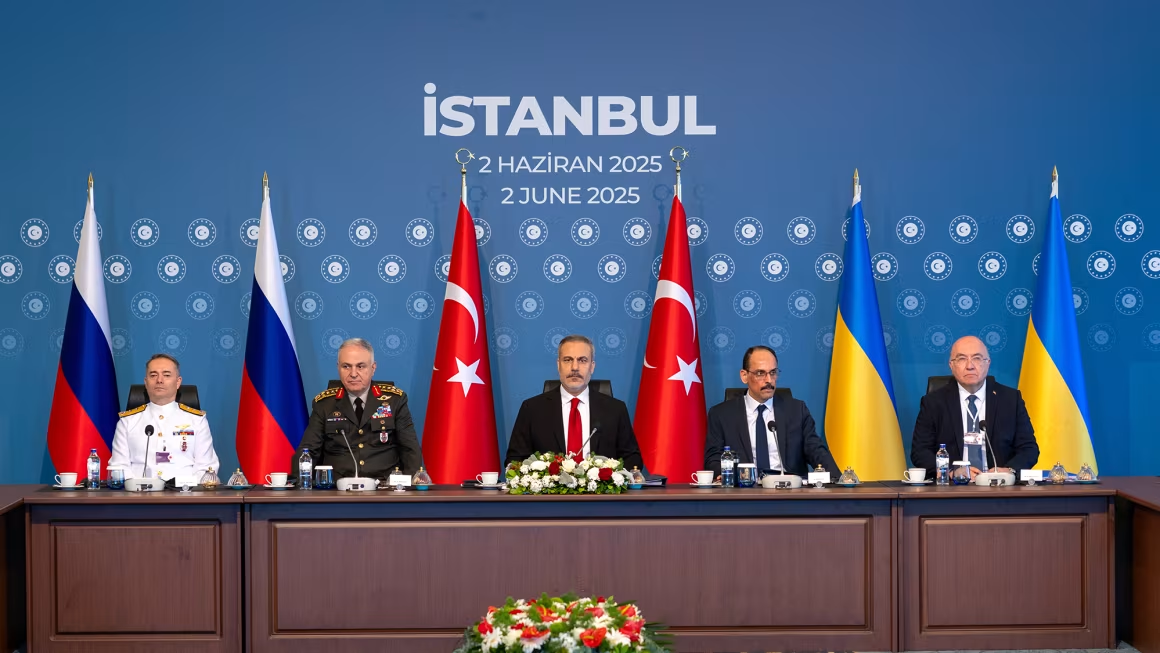
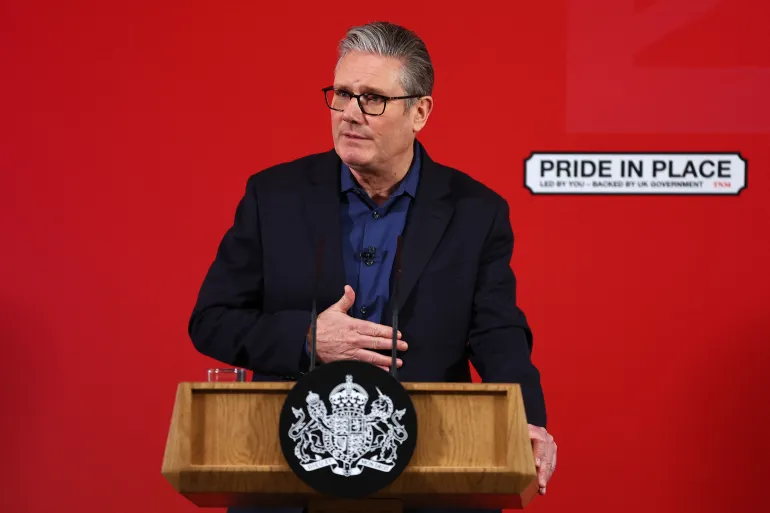
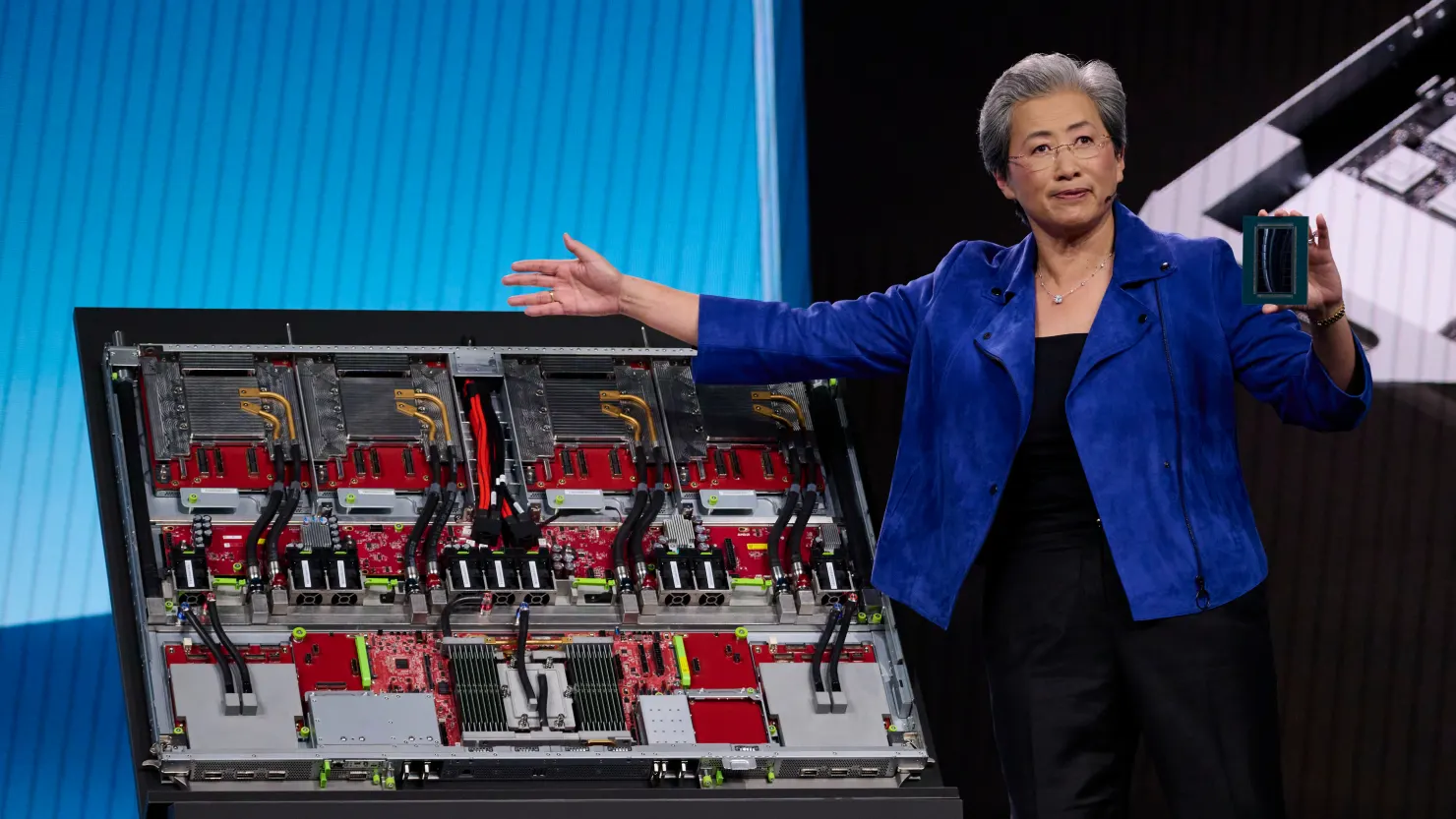

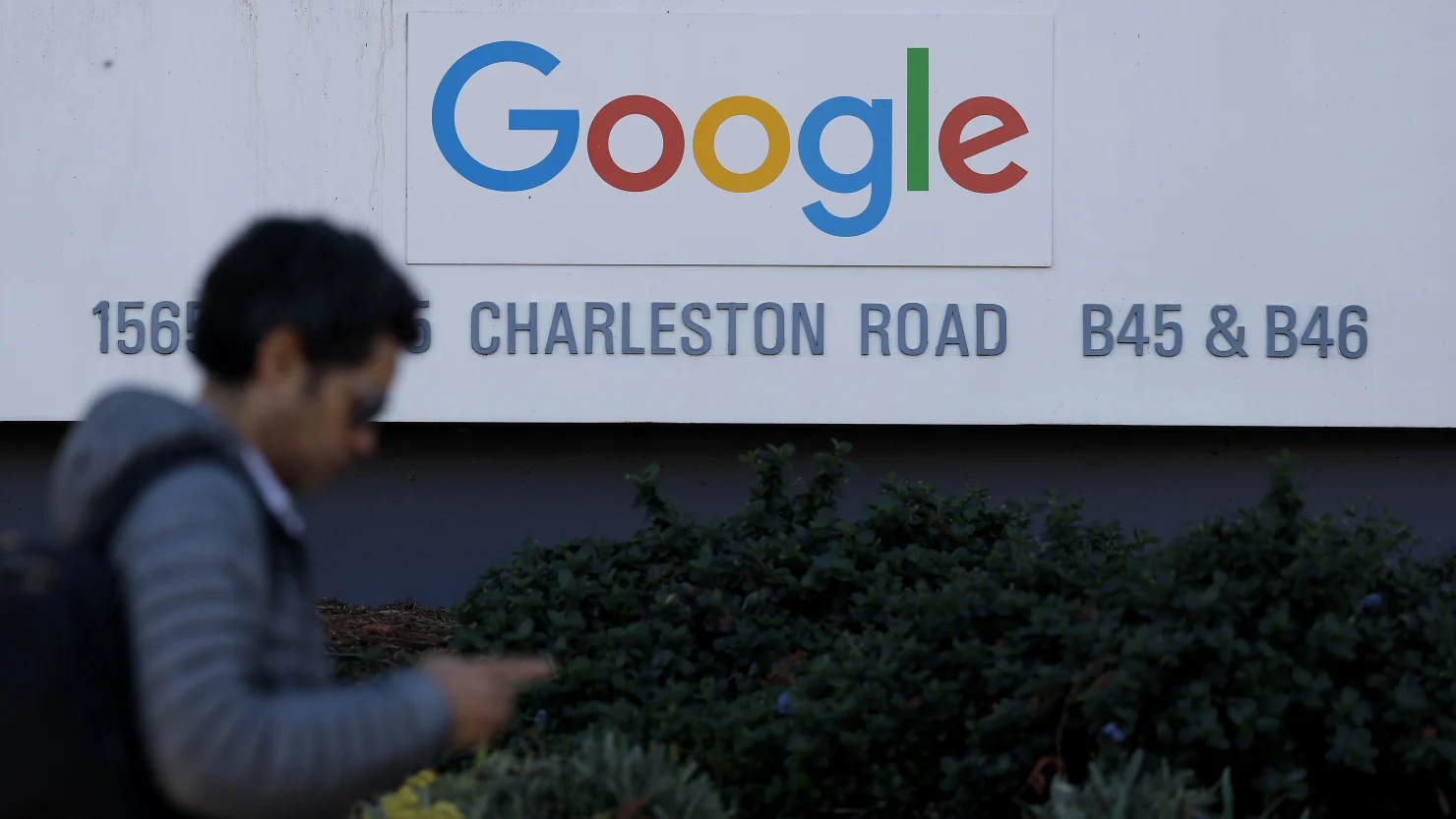
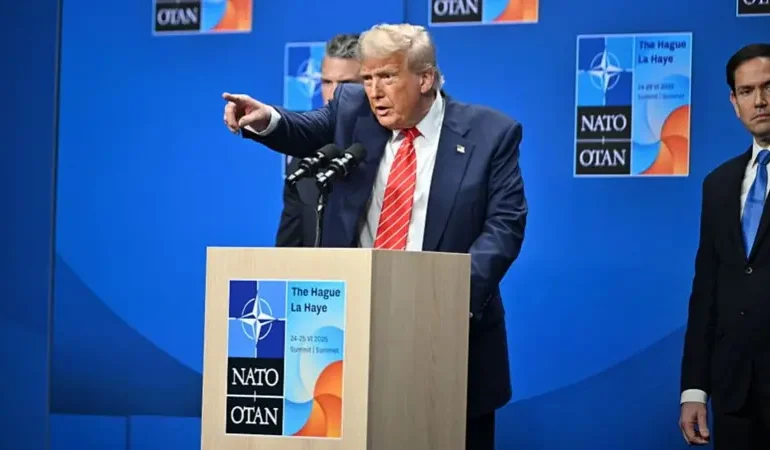




The latest news in your social feeds
Subscribe to our social media platforms to stay tuned